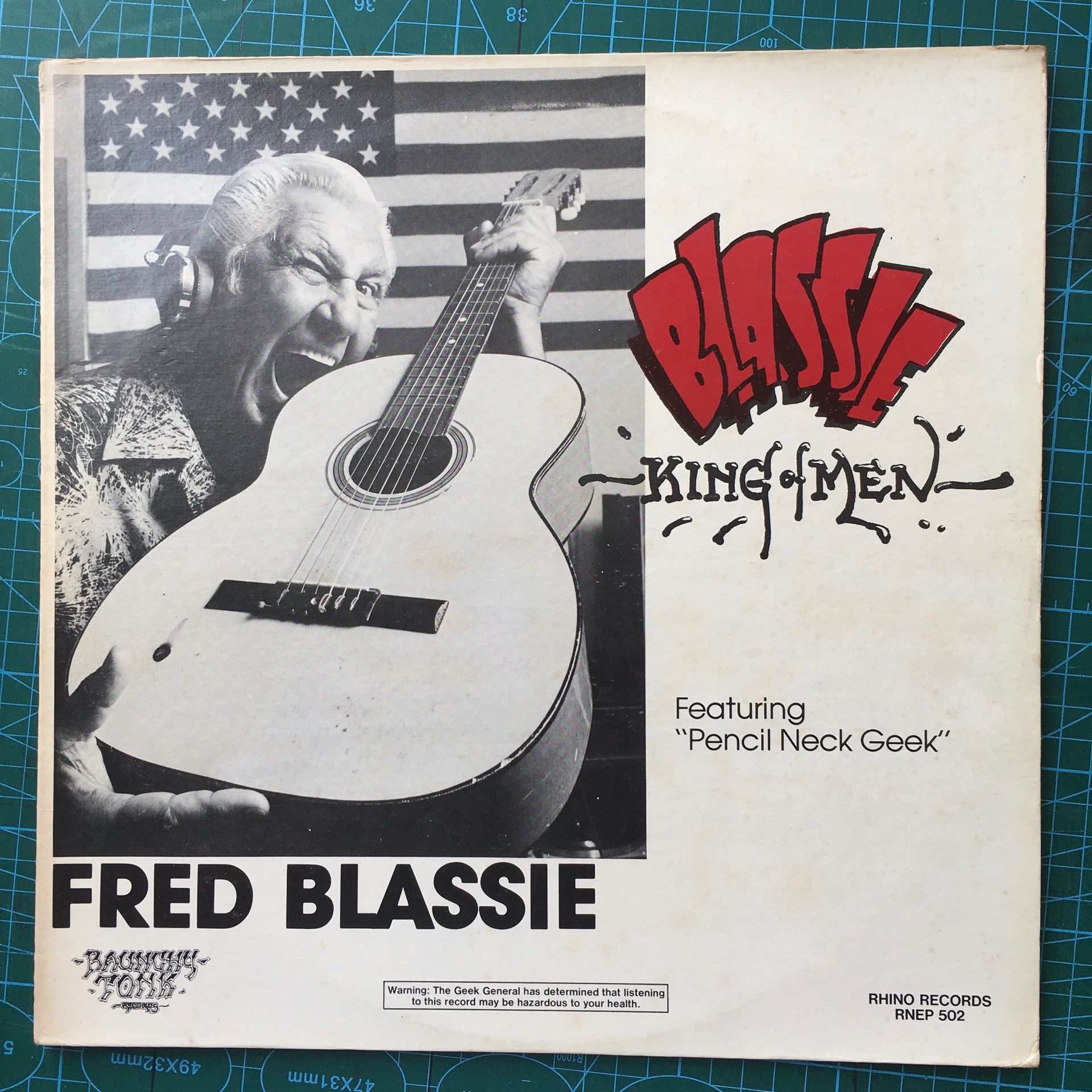Our thoughts on Elasticstage
I’ve been asked a few times about my thoughts on Elasticstage recently so I’ve decided to make a quick post. First of all, I’m no reporter or researcher. This is information I found after a quick google and I appreciate information on the internet can be wrong. If anything I’ve said is, please get in touch and I’ll remove it.
Elasticstages exclusive production partner are part of Tamesek holdings, a global investment firm owned by the Singaporean Government. Tamesek are one of the largest investors in Blackrock (as of 2024 4.28%), BlackRock has faced repeated criticism for its investments in fossil fuels, defense contractors, and Chinese firms linked to surveillance or human rights violations. While ElasticStage isn’t directly owned by BlackRock, these kinds of financial relationships raise fair questions about the ethical alignment of ElasticStage.
Some of the talent elastic stage have bought in to help them grow include Former head of international licensing at Spotify and Tim Parry, co-founder of Big Life Management. Spotify has long been under scrutiny for its low artist payouts and, more recently, for the nature of its financial backers — some of which are linked to the defense sector. Parrys Big Life management have worked with some huge acts over the years and have been the subject of criticism regarding artist management and business practices. Both companies with histories where making money came before looking after the artists that make it possible.
We’re yet to fully learn how they make their records (they’re keeping it close to their chest) but we know they’re lathe cuts, they’re using the same material for records that we are and they’re pretty much fully automated.
Lathe cuts can sound great but will they when you’re mass producing them using automation?
Part of the quality control you can utilise while making lathe cuts is the fact you can monitor each record live whilst being cut. Both audibly and visually. This can’t be fully achieved by someone using more than one lathe at a time. Lathe cutting is a delicate operation and I think you can expect a lot more noise and QC issues with mass produced lathe cuts. The automation won’t notice the rarities like when chip is dropped , when a record is pitted or warped or when the cutting stylus is worn or damaged causing surface noise. The margin for error is narrow.
A quick reddit search shows issues with customer service, issues with barcodes on everything and issues with consistency.
You may want to use us or another smaller operation, there are plenty in the UK. Have a look online and you’ll find lathe cut records made by much smaller companies with much better values, connection the to local community and probably no links to questionable investment firms. You’ll be talking to the person that will be making your records. Customer service is directly with the manufacturer. I don’t think you can beat that.
Ultimately, I don’t believe ElasticStage’s primary aim is to support the music community. It appears to be about building a scalable, profit-driven tech solution. That doesn’t make it inherently bad, but it’s important for people to look at the bigger picture. Where their money comes from, what their values are and what kind of experience you want for you and your listeners.
If you care about independence, local relationships and audio integrity, it may be worth seeking out one of the many small-run vinyl services that still put the artist and the record first.



